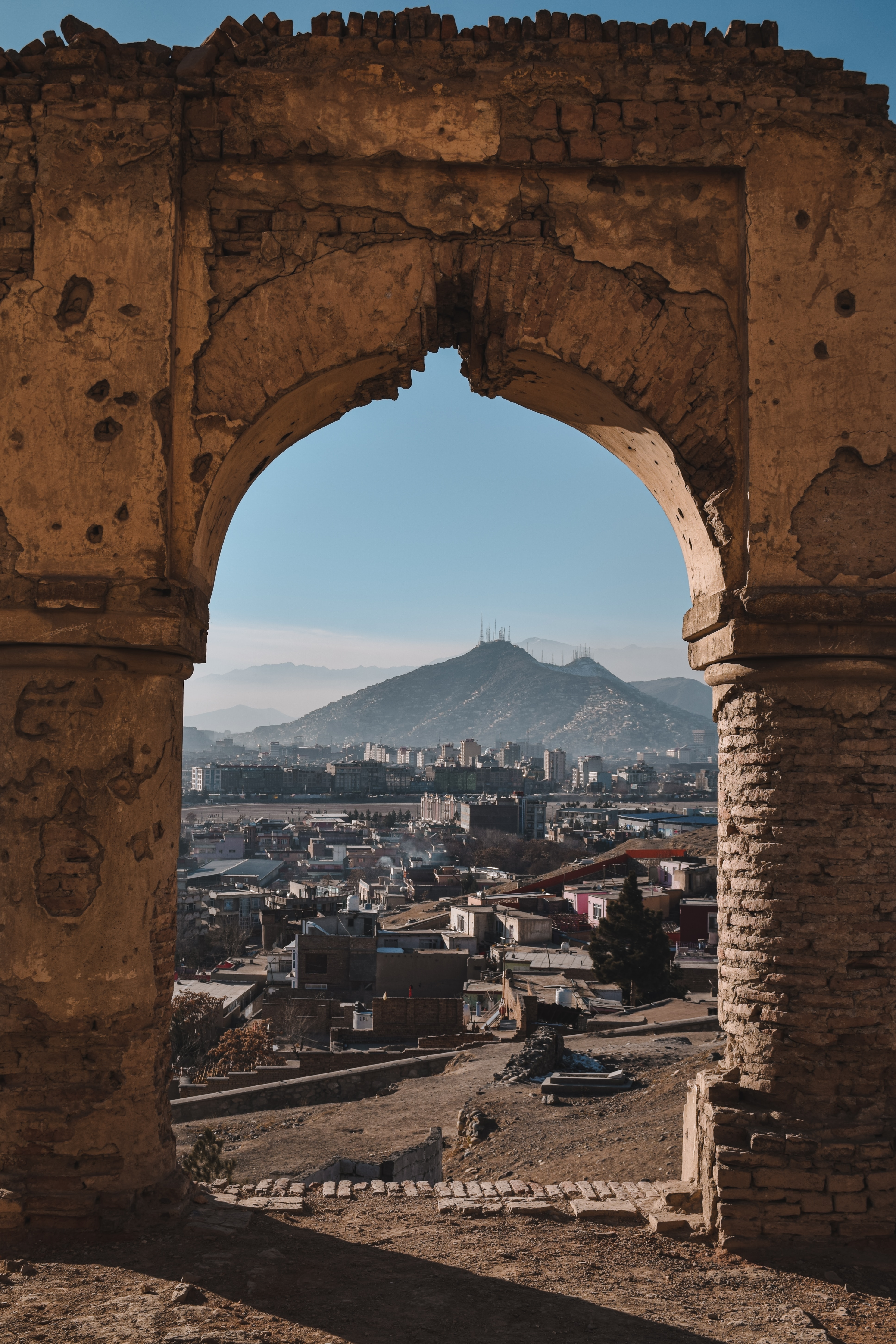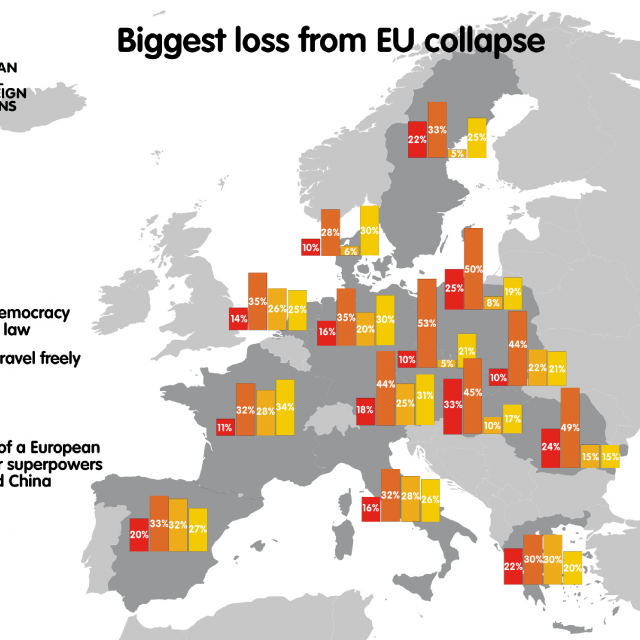Photo by Travel With on Unsplash
The end of each year serves as a poignant reminder of the Soviet Union’s dissolution in 1991.
Over the past three decades, many post-Soviet countries have shed their Soviet legacies to emerge as modern and progressive states. A case in point is Kazakhstan, Central Asia’s largest nation.
As the country prepares to commemorate Republic Day on 25 October, which marks its declaration of sovereignty from the Soviet Union, it’s an apt moment to reflect on its economic and political evolution since those Soviet times.
This transformation paves the way for deeper cooperation between the landlocked nation and the global community.
Despite its Soviet heritage, Kazakhstan’s transformation into a free-market economy stands out as a noteworthy accomplishment.
Following its independence, the country embarked on extensive economic reforms, transitioning from a centrally planned system to one that champions market forces, competition, and private enterprise.
Key industries underwent privatization, and foreign investment was keenly pursued. The government cultivated a business-friendly climate, skilfully balancing regulations with incentives to spur economic expansion.
Consequently,it has succeeded in drawing substantial foreign direct investment, positioning itself as Central Asia’s economic powerhouse, even while addressing challenges inherited from its Soviet past. The country has attracted over $400 billion in FDI since becoming an independent state in 1991 which makes it the largest FDI recipient in Central Asian region.
Last year, it managed to attract $28 billion in foreign direct investments (FDI), a record high for the past decade and a 17.7% increase compared to the $23.8 billion invested in 2021.
The nation is also rich in resources, holding significant reserves of oil, gas, minerals, and rare earth metals. These are used as components in high-technology devices, including smartphones, digital cameras, and computer hard disks, among others. As global technological progression continues, the country can become a major supplier of these essential commodities.
Its strides in technological advancement and innovation are indeed commendable. As highlighted in the recent Global Innovation Index, the country ranked 81st out of 132 economies in 2023.
Among the upper-middle-income group economies, it stands at the 25th position out of 33, while within the Central and Southern Asia grouping, Kazakhstan impressively ranks 3rd out of 10 economies. These rankings signify that, in terms of innovation, it is showing promise in its regional context, especially when considering Central and Southern Asia.
This innovation potential offers further avenues for cooperation with other countries and regions. In their pursuit of innovation-led growth, countries can find in this country a partner that is already on a trajectory of innovation-driven development. Collaborations in technology, research, and development sectors could be mutually beneficial, merging global technological prowess with Kazakhstan’s regional understanding and growing innovative capacities.
Amidst ongoing global geopolitical rivalry, facilitating trade between Asia and Europe is integral for global economic dynamics, and Kazakhstan is strategically positioned to play a crucial role in this.
The country is pivotal to the Middle Corridor or the Trans-Caspian Route, which provides a shorter, efficient path connecting Asian economies to European markets. By leveraging Kazakhstan’s infrastructure and its role in the Middle Corridor, Europe and Asia can access a faster, more direct route for transporting goods, thereby reducing costs and transit time.
This connectivity not only boosts trade but also enhances cultural and political ties across the two continents. In addition, in the evolving landscape of global power dynamics, its unique multi-vector foreign policy holds distinct advantages. It ensures that Kazakhstan does not align completely with any major power. This positions the country as a potential mediator and a neutral ground for dialogue – a role that is increasingly in demand in today’s geopolitical context.
Kazakhstan’s pledge towards a sustainable future offers another promising platform for collaboration. The country has set an ambitious goal to achieve carbon neutrality by 2060, signaling its commitment to global sustainability efforts.
As the world spearheads numerous sustainable initiatives, from renewable energy to green technologies, there lies tremendous potential for collaborative projects with Kazakhstan. The development and implementation of sustainable solutions can be accelerated by pooling resources, knowledge, and expertise.
Furthermore, Kazakhstan’s vast landscapes and natural resources offer a fertile ground for innovations in wind, solar, and hydro energy. This interest in sustainability not only paves the way for a healthier planet but also opens up vast economic opportunities and strengthens diplomatic ties.
Historically, the perceived lack of democratic development in Kazakhstan served as a point of contention, particularly with Western countries. However, recent political reforms within the nation have ignited a more optimistic outlook. While the road to full democratic maturity remains ahead, the West has the opportunity to engage with and support Kazakhstan on this path.
In reflecting upon the last three decades, it’s evident the nation has made remarkable strides since it declared sovereignty from the Soviet Union in 1991. As the nation prepares to celebrate Republic Day, this significant day serves as a symbol of Kazakhstan’s continuous transformation and resilience. The country’s journey from a former Soviet state to a dynamic and forward-looking nation underscores the importance of evolving partnerships across diplomatic, economic, energy, and sustainability sectors.




